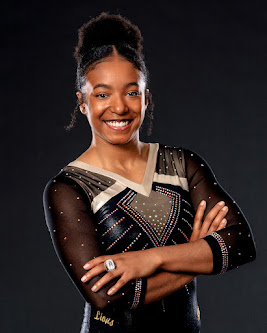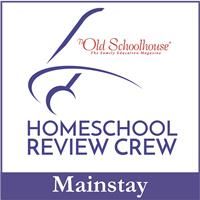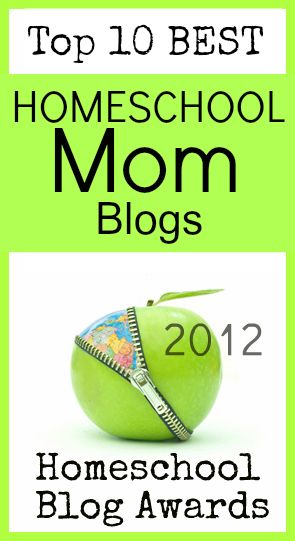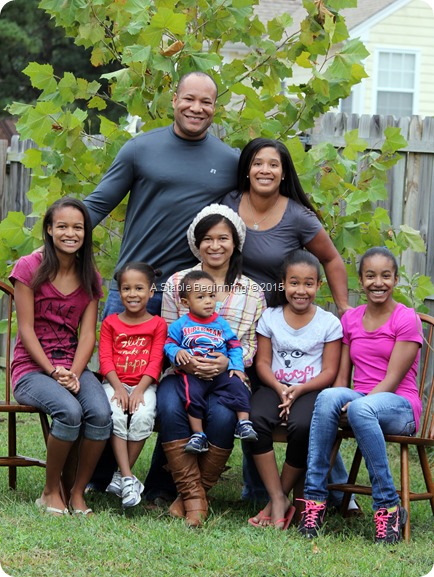Welcome to the Back to Homeschool Blog Hop!
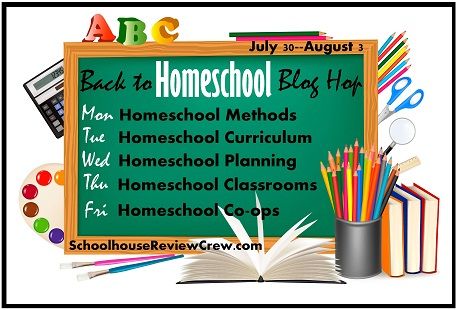
From Classical to eclectic, unit studies to traditional there is something for everyone. With so many methods of homeschooling out there, today I will be sharing what works for our family.
When I first knew we would be homeschooling the girls 4 years ago I got my hands on a copy of The Well Trained Mind (WTM) at the recommendation of a friend. I read it cover to cover in one day and knew that I wanted to use the Classical method. It spoke to me on so many levels and the information presented just clicked. Over the last 4 years I have read and re-read the WTM several times and my current copy is dog-eared and has tabs/bookmarks throughout as I currently have children in each stage of the Trivuim.
Classical education depends on a three-part process of training the mind. The early years of school are spent in absorbing facts, systematically laying the foundations for advanced study. In the middle grades, students learn to think through arguments. In the high school years, they learn to express themselves. This classical pattern is called the trivium.
The first years of schooling are called the “grammar stage” — not because you spend four years doing English, but because these are the years in which the building blocks for all other learning are laid, just as grammar is the foundation for language. In the elementary school years — what we commonly think of as grades one through four — the mind is ready to absorb information. Children at this age actually find memorization fun.
By fifth grade, a child’s mind begins to think more analytically. Middle-school students are less interested in finding out facts than in asking “Why?” The second phase of the classical education, the “Logic Stage,” is a time when the child begins to pay attention to cause and effect, to the relationships between different fields of knowledge relate, to the way facts fit together into a logical framework.
The final phase of a classical education, the “Rhetoric Stage,” builds on the first two. At this point, the high school student learns to write and speak with force and originality. The student of rhetoric applies the rules of logic learned in middle school to the foundational information learned in the early grades and expresses his conclusions in clear, forceful, elegant language. Students also begin to specialize in whatever branch of knowledge attracts them; these are the years for art camps, college courses, foreign travel, apprenticeships, and other forms of specialized training.
A classical education is more than simply a pattern of learning, though. Classical education is language-focused; learning is accomplished through words, written and spoken, rather than through images (pictures, videos, and television).
A classical education, then, has two important aspects. It is language-focused. And it follows a specific three-part pattern: the mind must be first supplied with facts and images, then given the logical tools for organization of facts, and finally equipped to express conclusions.
~excerpts from What is Classical Education, by Susan Wise Bauer
"You study Latin?" Why yes, yes we do! We also dabble in a bit of note booking and have Charlotte Mason tendencies, but overall we are mainly Classical homeschoolers. Learning is a day by day journey and I am blessed to be able to take part in it with my daughters.
So, I am curious to know what method do you follow?
If you want to explore more about Classical education here are some helpful links to get you started.
Be sure to visit my fellow Back to Homeschool Crewmates on this Blog Hop and come back tomorrow to read about our updated curriculum choices for the 2012-2013 school year! I will also be telling you the details of our first giveaway tomorrow so be sure to come back!







